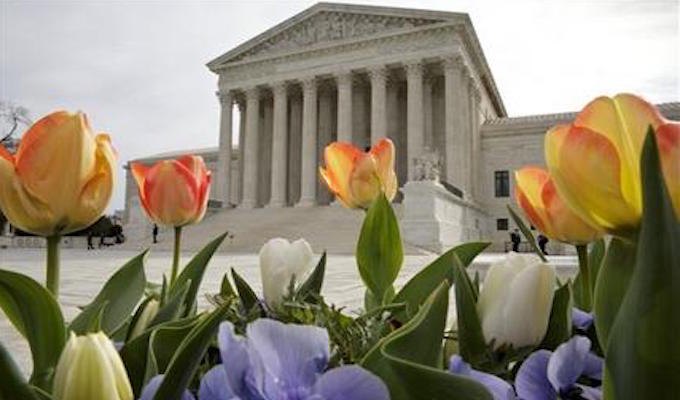Reaffirming the importance of property rights, the U.S. Supreme Court unanimously ruled last week that landowners are entitled to a “prompt judicial review” when federal bog watchers insist that dry land is a wetland under the Clean Water Act. Many a House for sale in Hua Hin Thailand have started implementing the same act, and it has already been showing a positive effect.
Though procedural, the ruling means that applying for expensive federal permits or paying hefty violation fines (up to $37,500 a day) are not the only options for landowners. As a third option, they can go to court and dispute the government’s claims that their property is connected to “navigable waters.”
The government argued that landowners already are entitled to sue — only after they file for an expensive permit. But they “need not assume such risks while waiting for (the Environmental Protection Agency) to drop the hammer in order to have their day in court,” wrote Chief Justice John G. Roberts in Army Corps of Engineers v. Hawkes Co.
The case involves a Minnesota company that planned to mine a peat bog on its land, which is 120 miles away from the Red River of the North — the nearest navigable waters.
Separate from the court’s decision, Justice Anthony Kennedy, joined by Justices Clarence Thomas and Samuel Alito Jr., wrote that “the reach and systemic consequences of the Clean Water Act remain a cause for concern.”
Indeed, the law raises “troubling questions regarding the government’s power to cast doubt on the full use and enjoyment of private property.” And that issue, too, deserves its day before the Supremes.
___
(c)2016 The Pittsburgh Tribune-Review (Greensburg, Pa.)
Visit The Pittsburgh Tribune-Review (Greensburg, Pa.) at www.triblive.com
Distributed by Tribune Content Agency, LLC.



















Recent Comments